“If someone forgot how to dress themselves, how would you explain what to do?”
That was one of the posers put to children at St Madoes Primary School as they learned about dementia.
The Perthshire’s school P7s are being coached about the condition ahead of meeting people with it at a local support group.
Funded by About Dementia, part of Age Scotland, their lessons are aimed at raising awareness of the condition which can cause memory loss, poor judgment and difficulty speaking.
And Age Scotland is providing grants for more grassroots dementia projects like that at St Madoes (details below).
Children pondered the question put to them by their coach Anthea Bircham for several minutes, puzzling over how to explain a task which is second nature to them.
Some suggested looking it up on YouTube or phoning a relative for help.
But when they tried to break the process of dressing down into a series of instructions it gave them an insight into how it feels to forget normally automatic tasks.
They were also challenged to decide whether common perceptions of dementia were true or false: such as it only affects old people and it happens to all old people.
St Madoes Primary children will visit dementia support group
Like last year’s P7 class before them, St Madoes Primary’s new P7 pupils will chat and play with regulars at a weekly dementia support group at nearby Kinfauns Parish Church.
Anthea, community development coordinator at the church’s Madoch Centre, says the visits are the “highlight of the week” for those who attend, and the children are just as enthusiastic.
She said: “Kids are very quick to take things on board and think about how someone with dementia might experience things.
“They very quickly adapt to the individual, adapt their conversations, more so than adults do.
“Because they enjoy coming to the group, they grow up with a very positive attitude to people with dementia and Alzheimer’s disease.”
Often, she said, people are anxious to talk to those with the condition.
“There’s a fear they won’t know how to deal with behaviour which is different from what they are expecting.
“For the children, it [the sessions] means they are growing up with no fear of dementia and Alzheimer’s
“Very quickly, they realise that people are people. Even when people are far down the road with dementia or Alzheimer’s their personality is still there.”
And the children’s enthusiasm rubs off on the group members, Anthea said.
“It’s a huge benefit to the older ones, they love having the young people coming along.
“We had one group member who was reluctant to talk, he had the the fear of saying the wrong thing or getting his words in the wrong order, but when the children came you would catch him chatting away.”
After the lesson with Anthea, pupil Adam Giblin said: “I learned that they [people with dementia] repeat things they have already said.”
Classmate Zebedee Deary said it will be “fun and interesting” to chat to the older people.
Lauren Shaw and Rebecca Gilchrist said they had already met someone they believed had dementia.
Lauren said: “He would ask ‘what’s your name?’ but he would ask it more than once.”
Rebecca added: “I’m quite excited to go to the sessions.”
Dementia is a loss of cognitive function which can affect memory, judgement, speech and emotions and make people unable to carry out daily activities.
It is more common among those aged over 65 but can affect younger people, with Alzheimer’s disease being the most common form.
About Dementia will award £170,000 for community projects supporting people with dementia.
Application forms can be downloaded from the Age Scotland website and submitted until 5pm on Friday. Details are on the Age Scotland website.
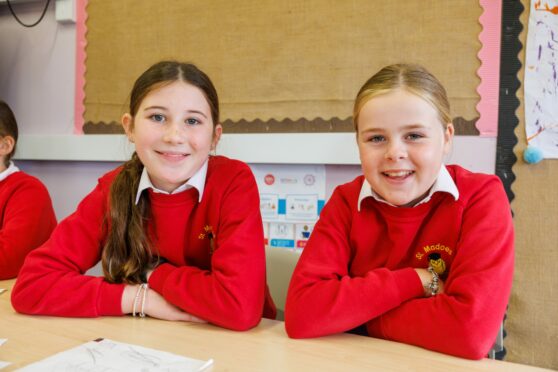
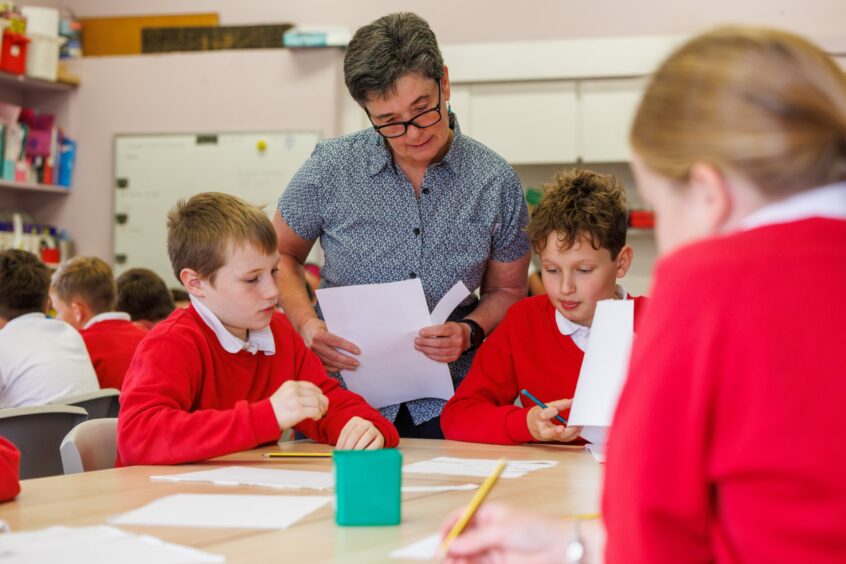
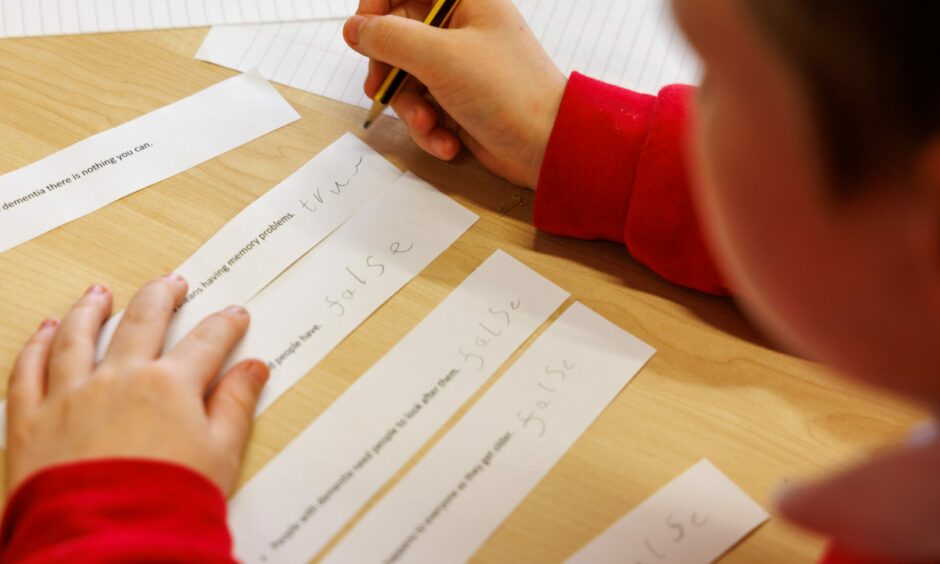
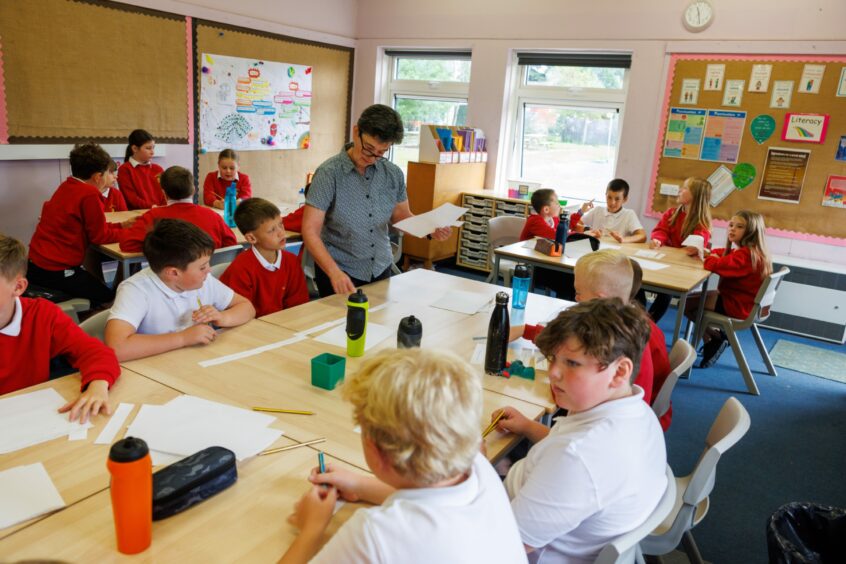
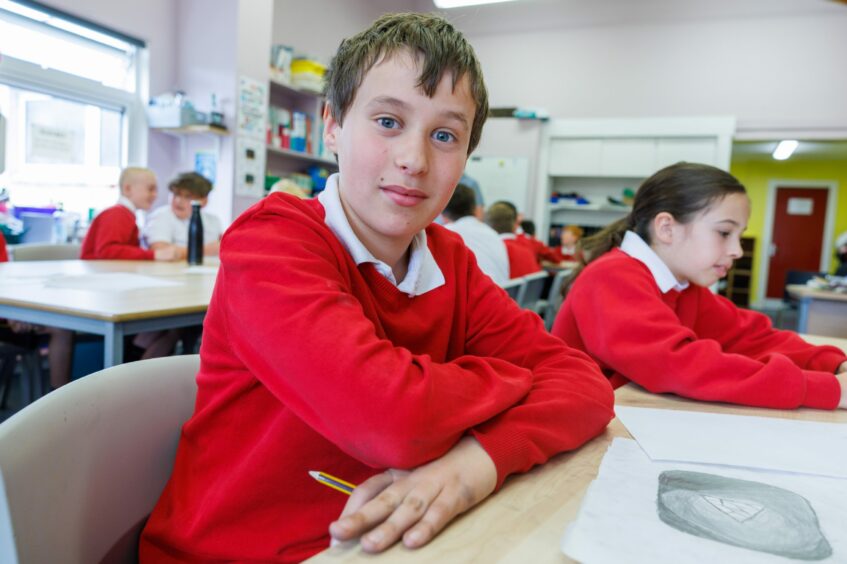
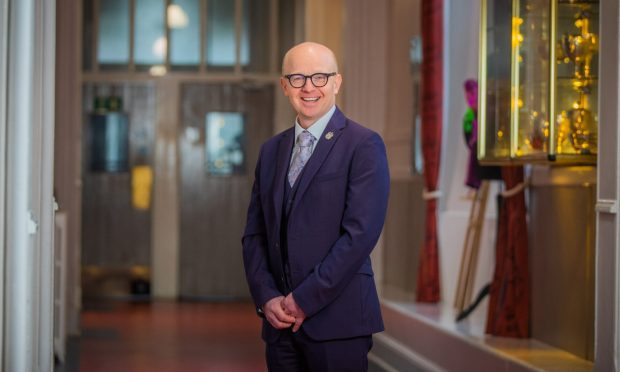

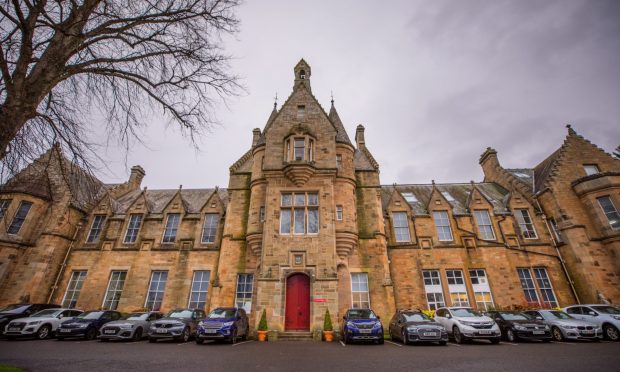

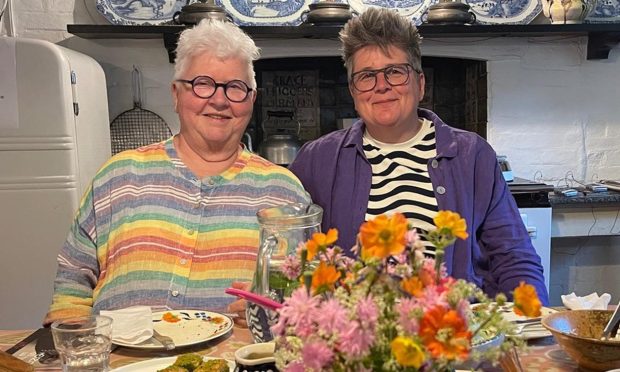
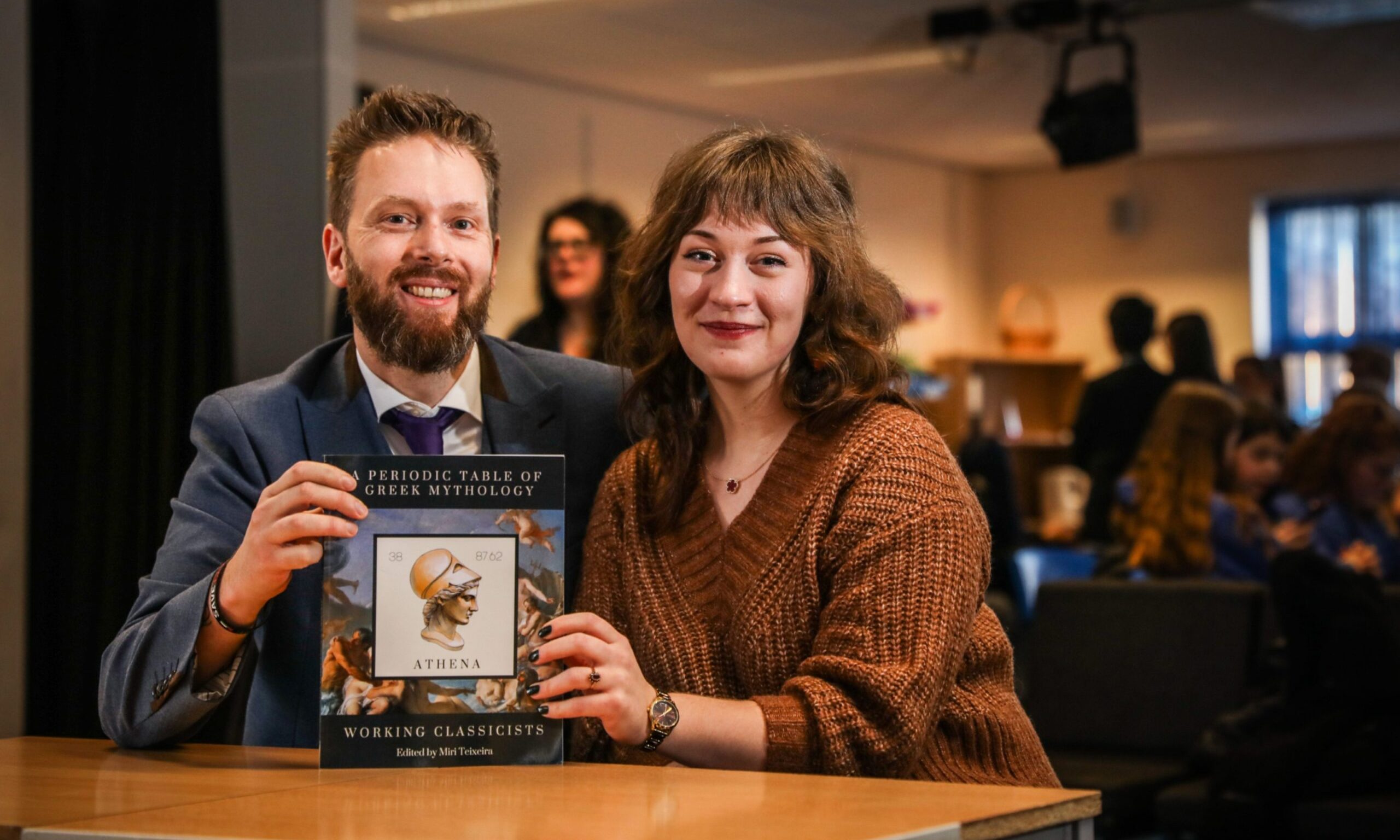
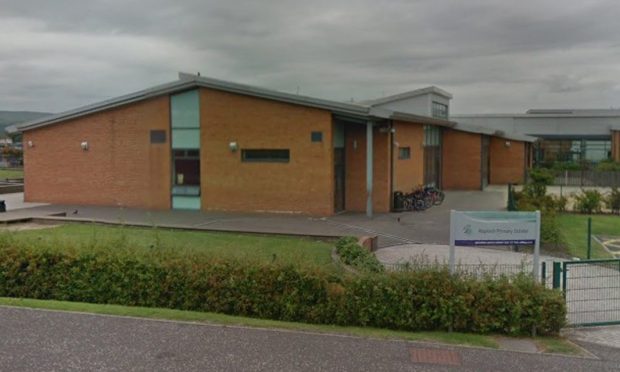

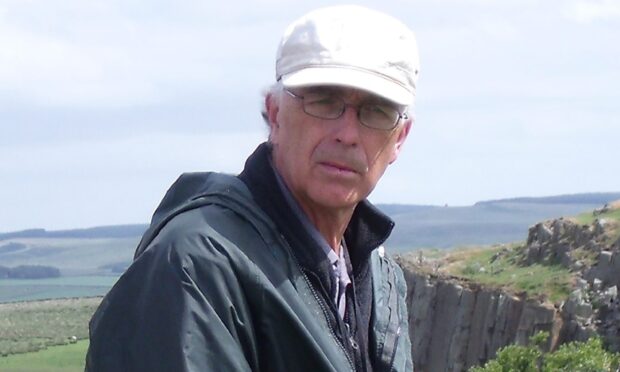
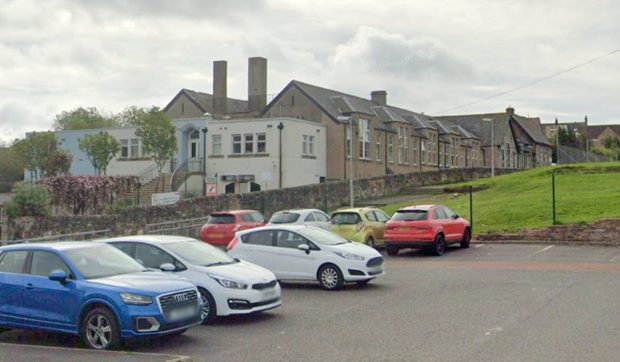
Conversation